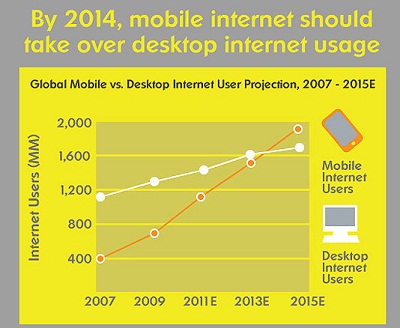ComputerWorld – At the stroke of midnight on New Year’s day, Google Health, the personal health record data aggregation service for consumers, will shut down for good.
Google first made the announcement quietly, in a blog post last June. But the closure of Google Health next month is also an important inflection point for public cloud-based services.
Google Health’s failure shows that there are limits to how far users are willing to go in allowing access to personal information in exchange for free services. Will other initiatives soon follow?
Google’s goal was “to create a service that would give people access to their personal health and wellness information,” all in one place. It did not provide federated access to the data, but physically moved the data to its servers. It wanted to “translate our successful consumer-centered approach from other domains to healthcare and have a real impact on the day-to-day health experiences of millions of our users,” according to Google’s blog post.
Google anonymized, or “de-identified” users’ personal health data for purposes of data mining and publishing trends, most famously the trending information on influenza outbreaks. But its privacy policy precluded sharing of personally identifying information, and even de-identified information, with third parties. Read More


